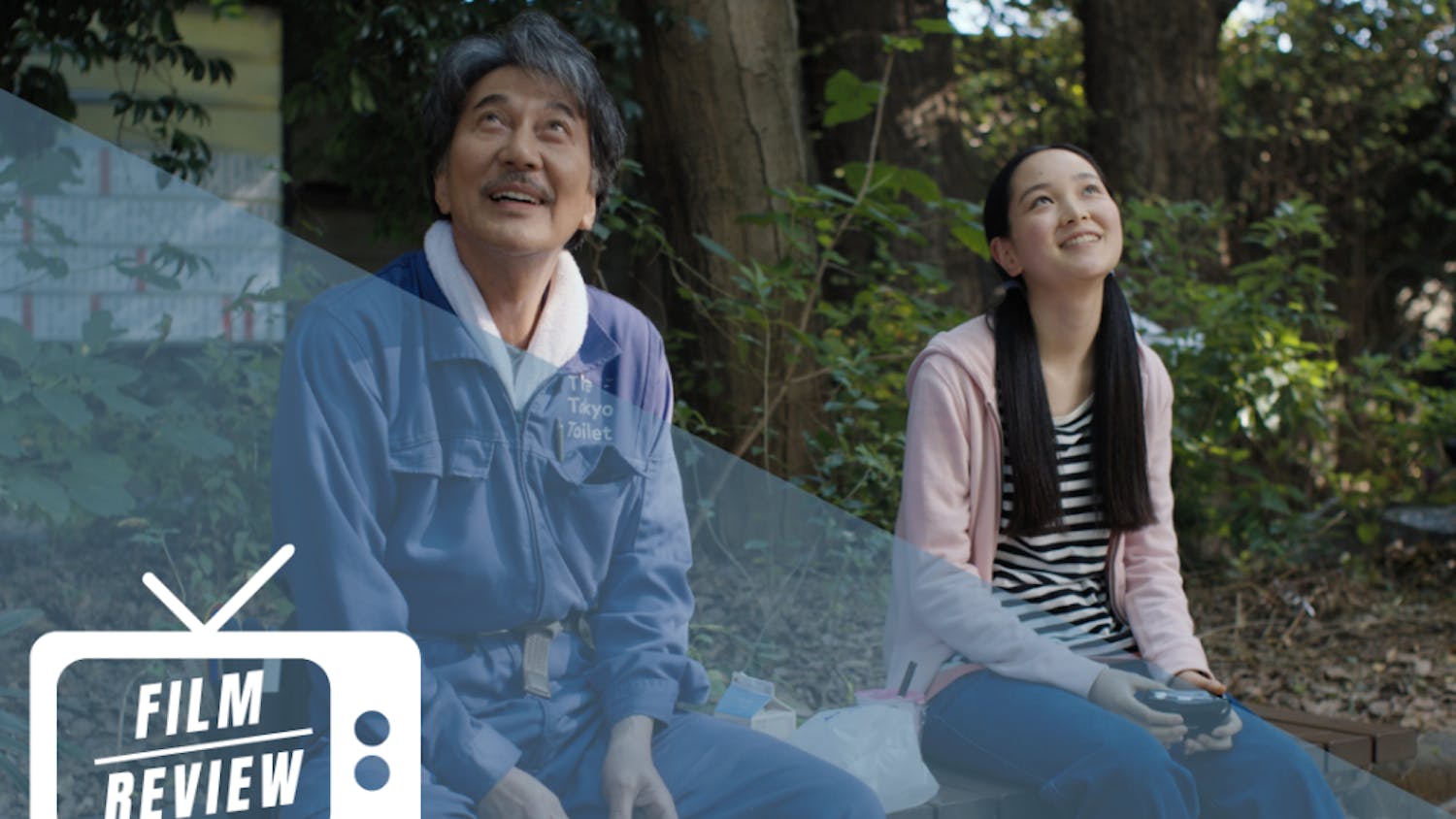
Time slows to a halt in the dog days of summer, as the inevitable boredom of liminal freedom begins to sink in like the gentle heat of the sun. But it’s not always so luminous, as the new film “Summer 1993” suggests. The debut film by Spanish filmmaker Carla Simon, who won the 2017 Berlin Film Festival’s first feature award when it premiered there, is the ideal cure for the blockbuster blues. It cuts through the clamor of CGI mayhem with a beautifully quiet, nuanced drama about grief, family and memory — all viewed through the lens of a young girl whose life has been turned upside down. 
It is the summer of 1993. In Barcelona, six-year-old Frida (Laia Artigas) has recently lost her mother. Her grandparents (Fermi Reixach and Isabel Rocatti) care for her as she struggles to process her grief. Enter Uncle Esteve (David Verdaguer) and Aunt Marga (Bruna Casi), who agree to take in Frida and raise her. They drive Frida to their home in the idyllic Spanish countryside, where she struggles to adapt to their family life. In her spare time, Frida plays with their toddler Anna (Paula Robles), and the two act out, causing many a headache for Esteve and Marga.
In Simon’s film, not much occurs in the literal sense, yet so much happens beneath the surface. It’s a film that encompasses life itself, in all of its sensuous joys and aching pains, refusing to succumb to the saccharine tropes of popular coming-of-age stories. “Summer 1993” is autobiographical, building its own narrative from Simon’s childhood and family history. The film could only have been made with such grace and humanity by someone who actually lived it. Many of the major plot points, which would have been foregrounded in an ordinary film, take place offscreen here, implied through background details and whispers in other rooms. For instance, the death of Frida’s mother is expressed in a single shot — of her empty bed, scattered with material belongings. The tragic cause of her death is parcelled out in minute detail, rewarding the attentive viewer.
This extraordinary attention to detail extends to Simon’s formal approach, especially the gorgeously constructed soundscape. “Summer 1993” is a film best enjoyed with theater-quality acoustics (or a good pair of headphones), an environment in which this rich tapestry of sounds can envelop the viewer. Simon often highlights the slightest sounds — running water, chirping birds, a glass set on a table — in a way that is reminiscent of auditory masters like Lucrecia Martel. Along with the film’s languorous pace, these sounds entrance the viewer and lure them into a world with a firm sense of time and place. Yet, the film’s relationship to time is elliptical, capturing the essence of summer’s nature as nearly unstuck in time, with Didac Palou and Ana Pfaff’s editing marrying these ellipses and sounds. One scene finds Frida at the doctor’s office, explaining to Marga that she never learned how to tie her shoes — only to cut to Frida’s bare feet dangling from a stone ledge. This evasive nature flows into the film’s formal conceit, one which foregrounds life’s moment-to-moment sensory experiences. 
With this conceit, Simon explores the adult world through a child’s point-of-view; the rest of her direction matches this perspective perfectly. Frida is the focal point of the film’s runtime, and she’s almost always in frame. Simon’s camera sits at exactly her height, moving with her and panning to the adults around her. Still, the adults are framed at exactly their height, never suggesting a power imbalance through an obvious low angle. It’s a generous gesture from Simon that speaks to how a child views everyone equally. Paired with the implied circumstances of her mother’s death, the viewer experiences the world on Frida’s terms — knowing what she knows, seeing what she sees, hearing what she hears. Her world is a delicate one prone to moments of ecstatic tumult, and the film meets her at every turn. Frida doesn’t speak much, and Artigas’ interiority is a wonder to behold. Artigas is a positively stunning young actress, giving a child performance for the ages. She makes the quiet tragedy all the more devastating, as we are forced to process it alongside her. Her subtle performance carries the entire picture, and Simon lifts Artigas to stratospheric heights.
A lesser filmmaker would have treated the heavy subject matter of “Summer 1993” as a loss-of-innocence narrative, a path retreaded ad nauseum in literature and film. Instead, Simon embraces the innocence of Frida’s story, welcoming it with open arms. It’s an insightful way to present the adult world’s complications that tarnish that most transcendent of seasons. In short, it’s the ultimate summer movie.
Grade: A
Carla Simon Soars With Stellar ‘Summer 1993’
Courtesy of Oscilloscope Laboratories
Courtesy of Oscilloscope Laboratories
Courtesy of Oscilloscope Laboratories







